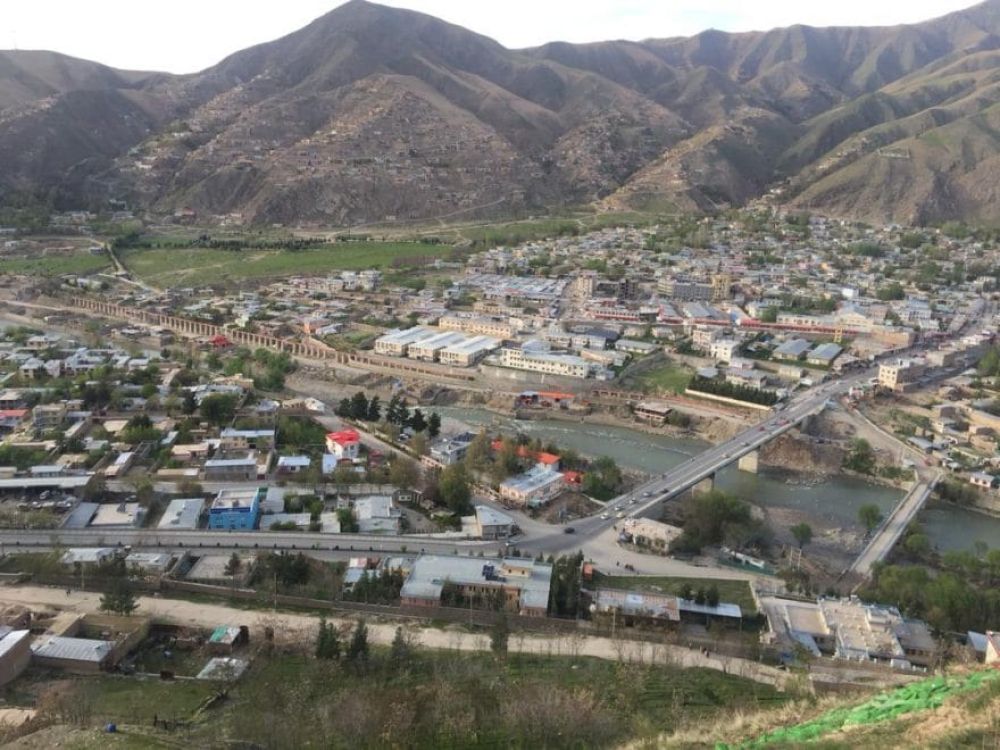

The city of Faizabad, located in northeastern Afghanistan, serves as the provincial capital of Badakhshan province. Historically, Faizabad and the surrounding regions have been part of the Silk Road, which has long influenced the area's cultural and economic dynamics. Due to its strategic location and rich history, Faizabad was historically a conduit for travelers and traders moving between Central and South Asia.
Tourism in Faizabad, as with much of Afghanistan, has been deeply impacted by the country’s political and social turmoil. Despite its significant historical and cultural heritage, tourism in Faizabad has often been minimal, primarily driven by adventurous travelers and researchers drawn to its remote beauty and archaeological significance.
In recent years, the security situation in Afghanistan has continually posed challenges to the tourism industry. Faizabad, while considered somewhat safer than other parts of the country, is still subject to the broader issues affecting national stability.
Faizabad and the Badakhshan province are known for their stunning natural landscapes, including the Hindu Kush mountains, serene valleys, and clear rivers. The region is also renowned for its historical sites, such as ancient fortresses and shrines, which reflect a diverse cultural heritage shaped by Islamic and Buddhist influences over the centuries.
In line with global trends leaning towards adventure and eco-tourism, the natural terrains around Faizabad offer potential for activities such as trekking, mountaineering, and exploring remote villages. However, the lack of infrastructure and ongoing security concerns have hindered significant development in this sector.
The future of tourism in Faizabad is uncertain due to the complex political climate. Yet, there is potential for growth if peace and stability can be achieved. International and local stakeholders have expressed interest in developing sustainable tourism that could contribute to economic development and the preservation of cultural heritage.
A successful tourism industry in Faizabad would require investment in infrastructure, hospitality training, and marketing, coupled with effective security measures to ensure the safety of travelers. Progress in these areas may present Faizabad as a unique and enriching destination for the intrepid tourist seeking to explore the paths less traveled.
The history of tourism in Faizabad is a tapestry of potential, woven through with challenges and opportunities. As Afghanistan strives towards a more stable future, Faizabad could one day reclaim its place as a crossing point for cultures, ideas, and travelers from around the world. Until then, the city remains a hidden gem, with secrets kept by the enduring spirit and resilience of its people.